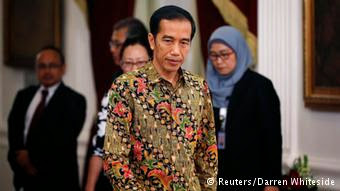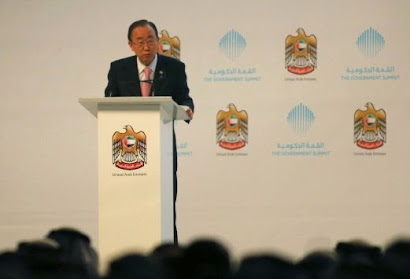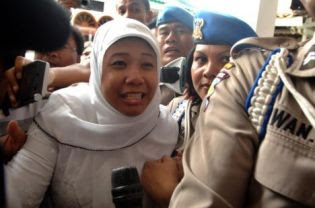 |
| ‘Saving Face,’ a film documenting the lives of acid attack victims from Pakistan, will be screened at the International Documentary Film Festival. |
Related
articles
- 'Bad' Michael Jackson Doco to Hit Big Screen
- 92 International Films to Join Festival in Jakarta, None from Indonesia
- Anti-Obama Film Is a Box Office Hit
- Beatles Documentary to Include Lost US Concert
- Jamaicans Pack a Park to Watch Marley Documentary
Following
the success of last year’s event, the Erasmus Huis, the Dutch cultural center
in South Jakarta, will host its second International Documentary Film Festival
from Tuesday to Sept. 29. It is held in association with the International
Documentary Film Festival of Amsterdam, the oldest and largest documentary film
festival in the world. The festival will showcase a variety of documentaries
from around the world as well as local works.
Last year,
eight international films and 20 short-documentaries that were finalists in a
local competition were screened. A positive response from attendees prompted a
second edition this year.
This time,
the event runs parallel with the SBM Golden Lens Documentary Film Festival, an
exhibition of 20-short local documentaries selected from approximately 100
entrees. Ten of these films are then judged in the “Best Open Category,” while
the other 10 vie for the “Best Student Category.” Also included is an “Audience
Choice” award.
The IDFF
will screen 17 international documentaries in order to “target more audiences,”
according to its website.
“What I
tried to do is to bring as many films [to this festival] that are, what I
think, high quality,” said Orlow Seunke, the IDFF’s program director. “So I
think if you go to see any of the documentaries, you will have a good time and
enjoy it.”
Seunke also
revealed that the “small theme” of this year’s festival was food.
A total of
Rp 47 million ($5,500) prize money, donated by the Jakarta Foreign
Correspondents Club and the School for Broadcast Media, Jakarta, will be
divided among the winners of the three categories.
Additionally,
the 20 documentarian finalists will be awarded with 13 days of workshops headed
by experienced filmmakers Jord den Hollander and Hans Treffers. The workshops
will be open to other filmmakers for a price.
The theme
of this year’s workshops is “Getting Out of the Box,” and as the title
suggests, the seminar urges participants to approach filmmaking in an original
way. These discussion groups will give up-and-coming filmmakers the chance to
develop their skills, collaborate with fellow filmmakers and learn from
seasoned experts.
The IDFF
includes the national premiere of “Marley,” a film detailing the life and
legacy of reggae legend Bob Marley by Kevin Macdonald. The documentary features
live performances, rare footage and insightful interviews with the people who
were closest with Marley.
Other
highlights include a screening of “Bus 174,” a documentary voted one of the 10
best films of 2002 by The New York Times and “Saving Face,” which won an Oscar
for “Best Short Subject Documentary” in 2012.
IDFF
Hosted by
Erasmus Huis
Sept. 25-29
Free to the public














